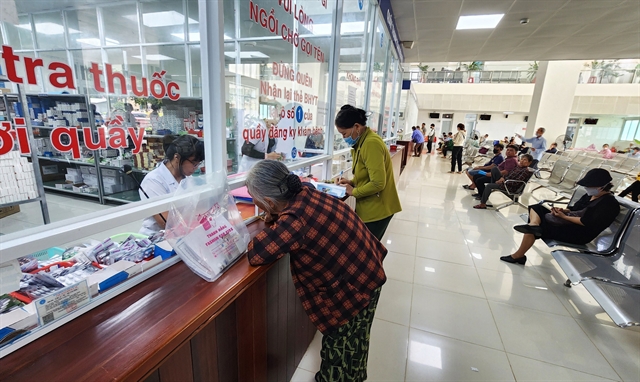 Economy
Economy

 |
| The booming e-commerce market in Việt Nam calls for the enactment of new regulations to protect the interests of consumers and businesses. — VNA/VNS Photo Phạm Hậu |
HÀ NỘI — The Ministry of Industry and Trade has proposed that cross-border e-commerce enterprises doing business in Việt Nam must register for an operating licence with the ministry.
They must also establish an office, or appoint a legal entity as a representative, as per authorisation in the country.
The propositions are part of the draft law on e-commerce, which is calling for opinions and feedback from agencies, organisations and individuals nationwide.
The ministry has also proposed sanctions for violations of these regulations.
The cross-border e-commerce platforms will be banned from selling goods or providing services if they have not completed the compliant procedures with the e-commerce regulatory authorities.
Service providers supporting e-commerce – including intermediary services, logistics and payment operators – will also be prohibited from cooperating with the platforms that do not meet the operational conditions in Việt Nam.
The new law will define the responsibilities of representative offices or authorised legal entities in Việt Nam, to ensure consumer rights and fair competition with domestic businesses, according to the ministry.
It will also add the responsibility of verifying foreign sellers and compensating buyers before any violations occur on the platforms.
The size of the e-commerce market in Việt Nam surpassed US$25 billion last year, up nearly 20 per cent compared to 2023, according to statistics from the ministry.
The booming market calls for the enactment of new regulations to meet its development needs and protect the interests of consumers and businesses.
E-commerce laws have been developed in some countries including Malaysia, Cambodia, China and Ireland. The European Commission does not have specific laws, but separate regulations for this sector.
Other countries like Japan, South Korea and India, have developed laws focused on user protection. — VNS




